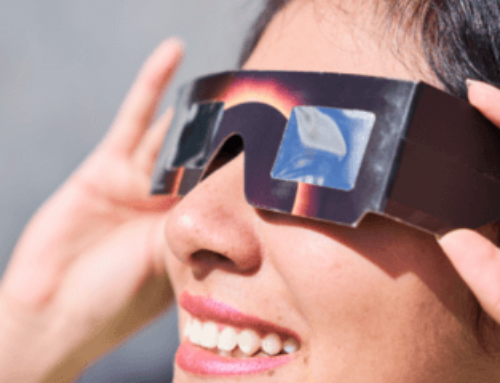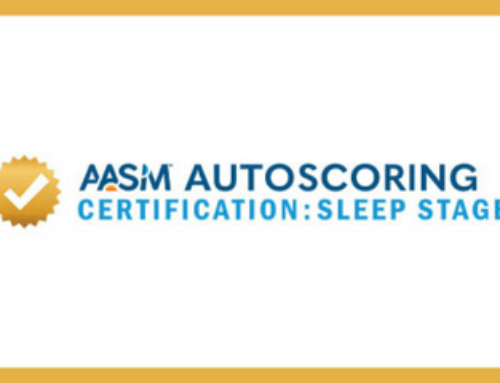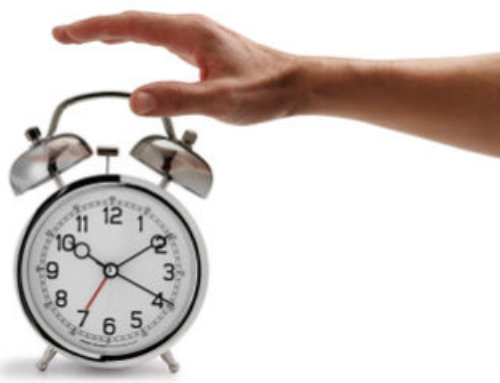DARIEN, IL – More than half of all U.S. adults already are using live video technology for conversations or meetings, and 60 percent would be willing to use that technology for interactions with doctors and other health care professionals, according to a recent survey from the American Academy of Sleep Medicine (AASM). In fact, more than two-thirds of adults indicated that they would use a live video meeting in some capacity to see a sleep specialist.
The survey of 1,001 U.S. adults shows that:
- About half of U.S. adults are willing to use telemedicine to see their primary care physician
- 68 percent are willing to use a live video visit to see a doctor who specializes in treating sleep disorders for either an initial consultation, follow-up appointment or therapy session
The comfort level and willingness to use telemedicine are higher among those who are college graduates, as well as those with higher incomes:
- 72 percent of adults making more than $75,000 per year would use live video visits to see a health care professional
- 77 percent of college grads would use live video visits in some capacity to see a sleep physician
“Telemedicine is impacting health care in all specialties, as patients want medical care when and where it is most convenient,” said AASM Executive Director Jerry Barrett. “This survey shows that patients are willing to use telemedicine to see sleep physicians, which will be important as the number of patients with a sleep disorder continues to rise.”
Millennials Leading the Way
Younger U.S. adults, particularly millennials aged 18-34 years, are more likely to have used video technology and show the greatest interest in telemedicine. According to the survey:
- 71 percent of millennials have used a computer or smartphone for a live video conversation or meeting and 70 percent would use live video to see a health care professional
- 83 percent would use live video visits in some capacity to see a sleep specialist to treat a sleep disorder
The survey found that millennials are motivated by convenience and accessibility, as 45 percent would be more likely to see a sleep specialist to discuss sleep disorders if the appointment could be held via a live video visit.
Telemedicine Making Strides in Sleep Specialty
Telemedicine has the ability to make it easier for more patients to have access to the expertise of sleep specialists, regardless of distance.
In response to the growing demand for telemedicine options, the American Academy of Sleep Medicine developed AASM SleepTM, the first telemedicine platform designed by a professional society for specific medical needs, demonstrating true potential in the sleep medicine field. AASM SleepTM provides a secure, web-based platform for live patient visits, allowing patients to receive convenient, high quality care from sleep specialists.
“Telemedicine is a tool that will help sleep specialists provide value-based, patient-centered care to millions of Americans who are suffering from sleep disorders,” said AASM Assistant Executive Director Steve Van Hout, who was the chief architect of AASM SleepTM. “We are encouraged by the survey findings, which show that telemedicine is generating strong interest among patients, especially the millennial generation.”
The AASM partnered with ORC International, a leading global intelligence firm, to conduct the survey. The results are based on the responses of 1,001 U.S. adults, ages 18 and older, living in the United States, who completed the survey January 12-15, 2017. The sample was managed to reflect the demographics of the U.S. population.
For more information about AASM SleepTM, visit www.sleeptm.com.
CONTACT: Mary Velan, L.C. Williams & Associates, 800-837-7123 or 312-565-3900, mvelan@lcwa.com.
About the American Academy of Sleep Medicine
Established in 1975, the American Academy of Sleep Medicine (AASM) improves sleep health and promotes high quality, patient-centered care through advocacy, education, strategic research, and practice standards. The AASM has a combined membership of 10,000 accredited member sleep centers and individual members, including physicians, scientists and other health care professionals. For more information about sleep and sleep disorders, including a directory of AASM-accredited member sleep centers, visit www.sleepeducation.org.








